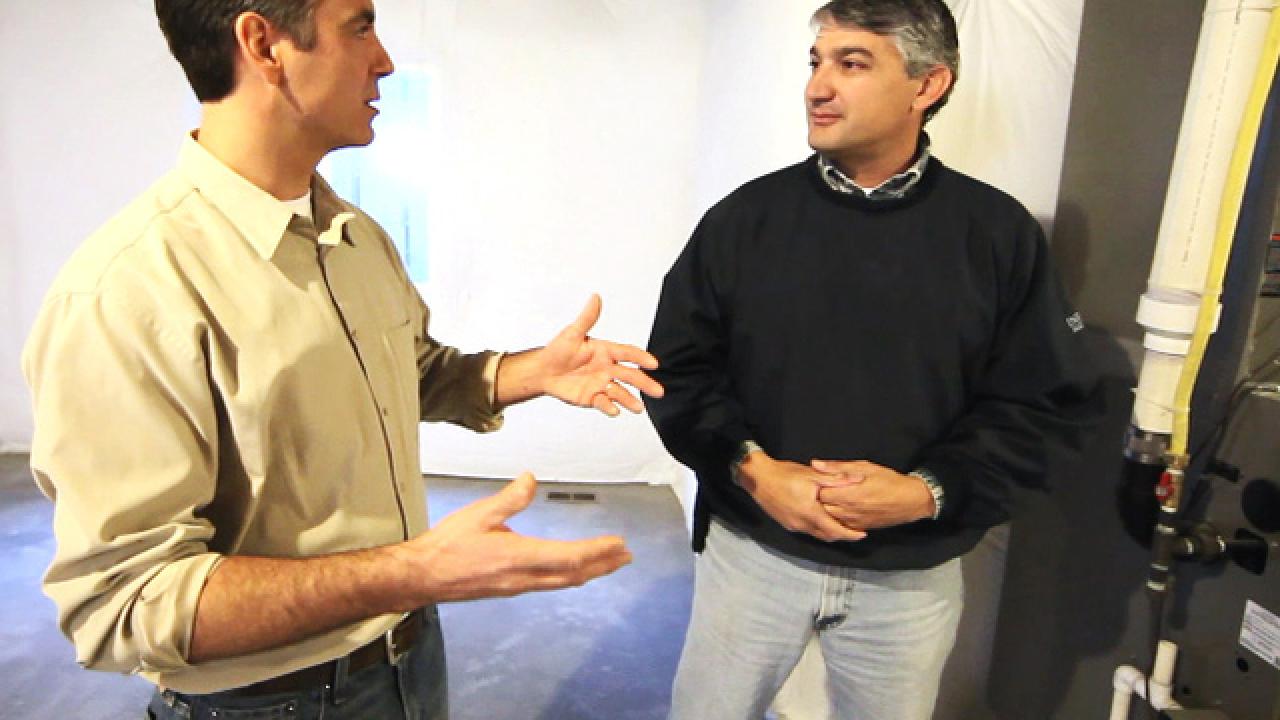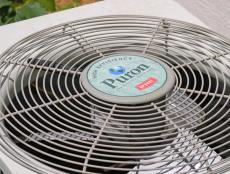Is It Time to Upgrade Your HVAC?

- Is your heating or air conditioning system more than 10 years old or not keeping your comfortable?
- Is your air conditioner, furnace or boiler running a lot?
- Are you paying more than you think you should in energy bills?
If you answer yes to any of these questions, replacing an old HVAC (heating, ventilation and air conditioning) system could help better heat and cool your home and save you money in the long run. Heating and cooling is the biggest energy user in most homes, accounting for more than 40 percent of a home's energy bills.
First Efficient Steps
Before you spend thousands of dollars on a new heating or cooling system, it's a good idea to check your house and your HVAC system for costly air leaks. This could be the root of the problem, and may be a lot less expensive to treat.
It's a good idea to start by having an energy assessment done on your home by an energy efficiency professional. This can either be a walk-through with a clipboard, or a more comprehensive audit with a blower-door test that pressurizes the house so energy leaks can be detected. In some areas, electric utilities subsidize the costs of energy efficiency assessments, and some states offer rebates or discounts on having insulation installed or other work done to make your home more efficient.
Why is this a great first step? Because properly insulating your home and sealing leaks will help your heating and cooling system run much more efficiently. You may discover that you don't need to replace that system after all. And if you do replace it, your new heating or cooling system can then be sized properly and run more efficiently, potentially saving you significantly on both your upfront costs and energy bills in the future.

Finding an HVAC Professional
So how do you go about adding, replacing or upgrading an old heating or cooling system to meet your home's and family's needs? Seek a qualified HVAC professional. This could be someone referred to you by an energy-efficiency or insulation company, a builder, even a friend. But you still want to qualify any expert. After all, this person or company will be installing systems in your home that can directly affect the health and safety of your family.
An improperly sized or installed HVAC system can leak deadly carbon monoxide or other toxins into a home, cost you much more money, promote mold growth that can lead to chronic illness, or start fires. So seek a professional with some certifications such as NATE (North American Technician Excellence). A NATE patch signifies that the contractor employs technicians who have passed this national certification.
One of the most important things an HVAC professional should do is conduct a load calculation to properly size your system. A load calculation should not rely on the size of your house alone. Many variables will determine the size of your system, including the local weather, ventilation needs, windows, insulation levels and more.
If an HVAC professional cannot do a proper load calculation or does not adhere to the Quality Installation Specification, seek one who will. Your health, safety and bank account may depend on it.




































